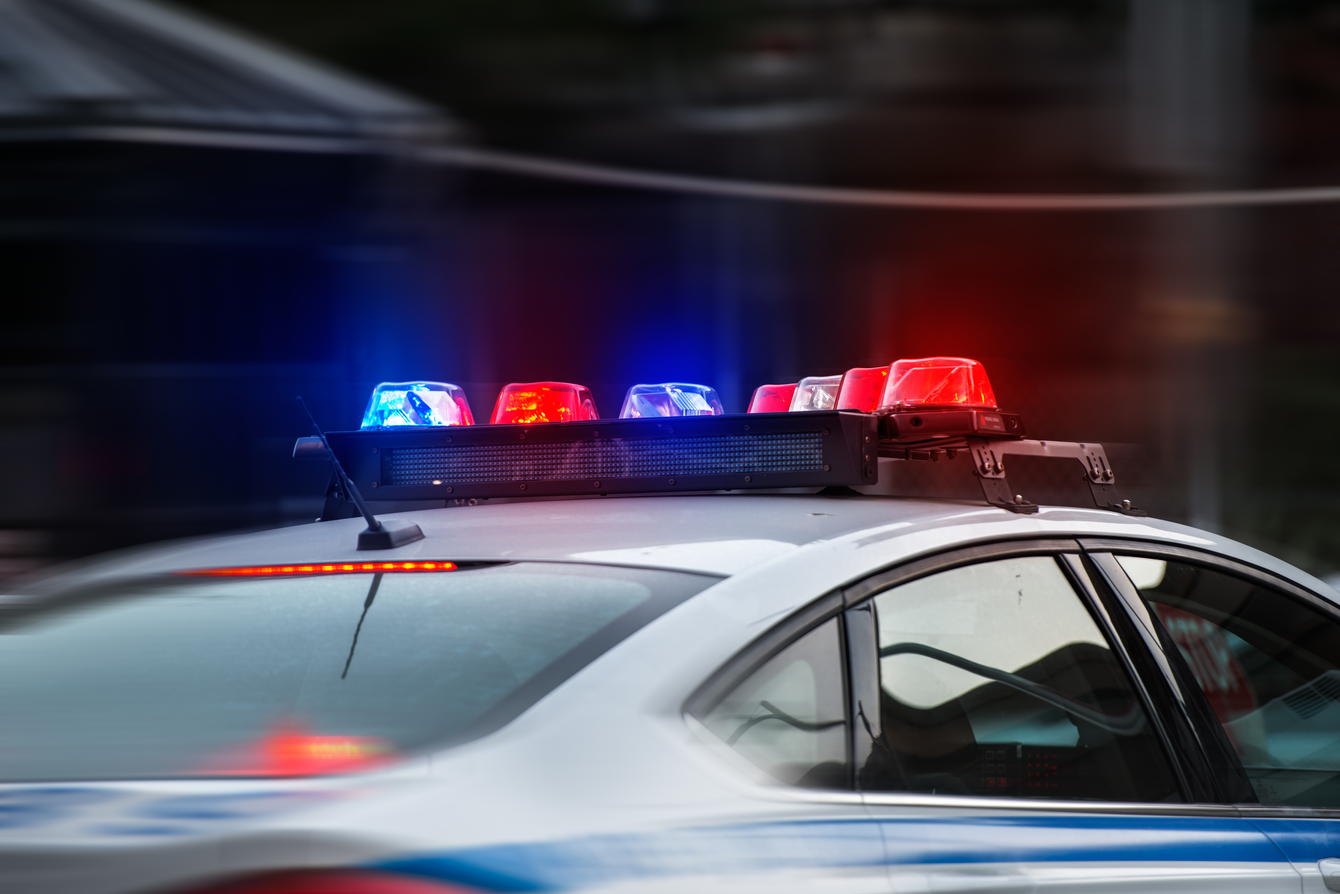
What you need to know about crime in your accom property
Whether it’s committing credit card fraud, causing damage, or operating clandestine drug labs, crime continues to be a major concern for hotel managers around the country. Accomnews spoke exclusively with Sergeant Yvette Tarrier from the Sunshine Coast District Crime Prevention Unit who outlined how managers can prepare for and overcome crime in Australian hotels.
Having recently spent an evening informing accommodation managers about crime risk and management, the Unit is excited to be involved in community initiatives, with the sharing of information often being beneficial to both parties. At the recent ARAMA Trade Expo, there was considerable interest on the topics of drug labs, fraud and counterfeit currency which Sergeant Tarrier identified as current crime trends.
“We are constantly seeking ways to engage with stakeholders in our community. The information sharing will often provide us with insight and helps us to develop crime prevention strategies that are meeting the needs of the community,” she shared.
She also said that the most common crimes committed in accommodation such as hotels include wilful damage such as damage to property, stealing offences, as well as payment and booking fraud.
[pro_ad_display_adzone id=”15046″ align=”left”]With portable labs becoming a recent point of interest and concern for many hotel managers, it’s little surprise that they were a major topic of discussion at the recent Trade Expo. Sergeant Tarrier recounted that a number of managers had questions regarding the labs and how they would know what they were.“Clandestine drug laboratories may also be located in hotel and motel rooms as drug lab setups. They can be small and highly portable,” she warned.
“Some indicators of a drug lab include items of a suspicious nature, including improvised heating or cooling mechanisms, or other used materials such as cold and flu packets, empty pseudoephedrine blister strips, gas cylinders or butane fuel cans, stained coffee filters, pH testers or test strips,” she said.
“There may be an unusual chemical smell, plastic containers with or without chemical labels, laboratory glassware being carried into or out of rooms, or chemical reaction waste, often carelessly disposed of.”
If a manager or staff member has a concern or believe a drug lab may be in a hotel room, Sergeant Tarrier advises that staff contact their local police immediately, without touching the items that are suspected to be drug related.
“Drugs produced may be highly toxic, corrosive, flammable, and can present a very real risk of explosion. Get out, stay out and call the police,” she advised.
Avoiding and recognising criminal activity
According to Sergeant Tarrier, education is key to avoiding and recognising crime within the accommodation sector.
She told Accomnews that Fraud is defined as behaviour that is deceptive, dishonest, corrupt or unethical. It often results in the loss of revenue and property, with common frauds including the use of false identities, false cheques or false credit and EFTPOS cards.
“Be alert for customers who appear anxious, have no identification, appear in a hurry, request transactions to be entered manually, or seek transactions be broken into smaller amounts under $100 so Paywave can be used each transaction,” she said.
Fraud offences should be reported to local police and banking institution immediately. Detailed information on counterfeit currency can be found on the Reserve Bank of Australia website.
“It is important to educate your staff about counterfeit currency. The Reserve Bank of Australia has a detailed counterfeit detection guide to help spot a counterfeit banknote,” Sergeant Tallier said.
“Be aware of the security features included on banknotes. The location of security features can vary – it’s always a good idea to check more than one feature to determine if it’s a genuine banknote. One tip is to compare the suspect banknote with one that you know is genuine and look for differences.”
The RBA provides the following advice for dealing with suspect banknotes:
- Handle the suspect banknote as little as possible and store it an envelope
- Note any relevant information, such as how it came to be into your possession
- Suspect banknotes should be reported immediately to State or Federal police, with the suspect banknotes being handed to the police.
“It is important to note that you have the right to refuse to accept a banknote if you have concerns about it but under no circumstances should you take actions that may jeopardise your safety or that of others,” Sergeant Tarrier advised.
One of the biggest current concerns for police is that in the current climate, offenders are highly mobile and travel to places such as the Sunshine Coast and will often stay in accommodation.
“We would encourage hoteliers to assist their local police by providing information about suspect offenders that may be committing crimes elsewhere within their local community. Queensland Police Service disseminate current crime alerts and CCTV footage through the myPolice blogs,” she said.
Helping police do their job
Giving a description of a potential criminal is one of the most helpful ways hoteliers can contribute. According to Sergeant Tarrier, when giving a description it is important to try and build a complete picture of the person from head to toe. A description guide is available to print on some government websites.
“It’s a good idea to print a few of these forms and keep them in a handy location so they can be completed as soon after an event occurs as possible,” she said.
When giving a good description, it is important to take note of the following features:
- Male or female
- Body frame size
- Racial appearance
- Distinguishing clothing
- Age group
- Haircut and colour
- Facial hair
- Scars, tattoos or glasses
If you observe a vehicle being used during a crime or suspicious activity it is important to note the:
- Vehicle Registration
- Make and Model
- Distinguishing signs or test
- Colour
- Any damage or rust
- Direction of travel
Sergeant Tarrier also mentioned that if hoteliers are concerned about goings-on in their hotel or accommodation, there are a range of ways they can contact the police.
“If a crime is happening now, when a life is threatened, or when the event is time critical, call triple zero (000). For all other matters, call Policelink on 131 444,” she said.
“Crime trends, local crime alerts and community news is also available through your local myPolice blog.”
Lauren Butler is a junior journalist here at accomnews. You can reach her at any time with news, opinions and submissions.







